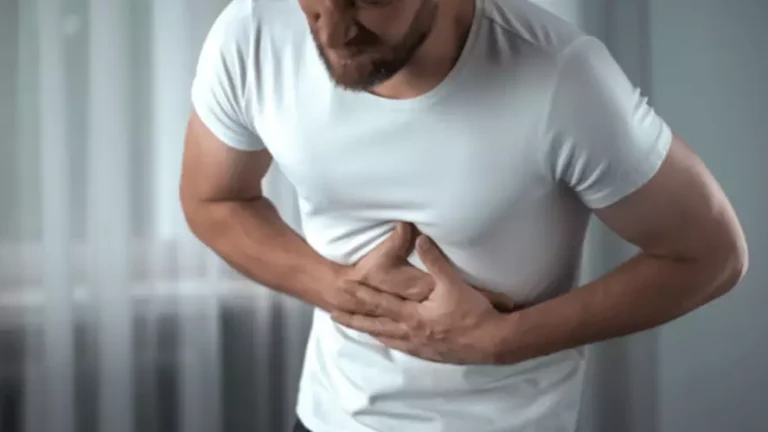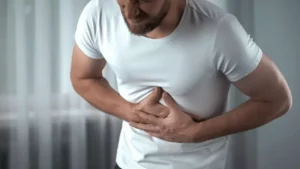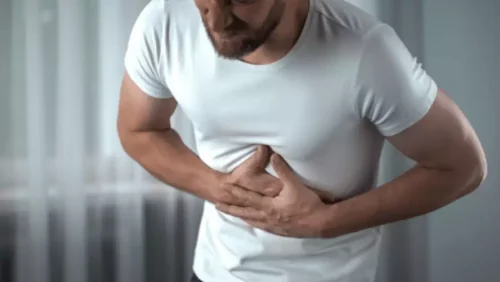
On the other hand, if you have lots of food and then drink too much, your blood sugar can get too high. Your liver will choose to metabolize the alcohol over maintaining your blood glucose, which can lead to hypoglycemia. The liver often makes this choice when you drink without eating food—so consider snacking while you sip. Type 2 diabetes is a progressive disease that affects one’s ability to control blood sugar levels.

Risks and Considerations
Interestingly, the risk of retinopathy was independent of the men’s ability to control their blood sugar, suggesting that alcohol may directly damage the eyes or related structures. Continuous heavy drinking harms the pancreas, an organ vital for insulin production and glucagon-like peptide-1 (GLP-1) activity. This damage leads to insulin resistance where the body cannot use insulin properly, causing high blood sugar levels. LDL cholesterol is strongly related to cardiovascular disease and stroke and has been called “bad” cholesterol. Reduction of LDL cholesterol decreases a person’s likelihood of suffering a heart attack or stroke. LDL cholesterol levels tend to be lower in alcoholics than in nondrinkers (Castelli et al. 1977), suggesting that chronic alcohol consumption may have a beneficial effect on cardiovascular risk.
- If your glucose drops to less than 70 milligrams per deciliter (mg/dL), you’ll need to down 15 grams of fast-acting carbohydrates.
- Have someone in the support group who knows how to give emergency glucagon by injection or nasal inhalation.
- Small amounts of beer and sweet wines can be high in carbohydrates, which can raise blood sugar temporarily.
- Type 2 diabetes, which in most cases develops in people over age 40, has a somewhat different pathophysiology than type 1.
- Talk with your doctor to avoid potentially harmful effects from hydrochlorothiazide interactions.
Understanding Ozempic
Repeated episodes of low blood sugar can lead to complications for diabetic patients, such as kidney disease, damage to nerves (neuropathy), and eye damage (retinopathy). Watching over these responses lets you manage risks related to both diabetes and the use of medications like Ozempic more effectively. Before you decide to drink alcohol while taking Ozempic, make a point to talk with your doctor or pharmacist. They understand how the medication interacts with alcohol and can share insights on blood sugar control and glucagon-like peptide-1 receptor actions in your body. Certain medical conditions and other factors may increase the risk of interactions with hydrochlorothiazide. Before you take this drug, be sure to talk with your doctor about your health history.

How many carbs are in alcohol?
There are no specific reports of herbs interacting with hydrochlorothiazide. However, that doesn’t mean herbal interactions won’t occur or be recognized in the future. Because of this, it’s important to check with your doctor or pharmacist before taking any of these products during hydrochlorothiazide treatment.

Eat Before You Drink

Smoking is bad for alcoholism your health, especially your heart and lungs, and can increase your risk of heart attack or stroke. Learn a three-step approach to help you quit smoking and protect your health. Everyday Health follows strict sourcing guidelines to ensure the accuracy of its content, outlined in our editorial policy. We use only trustworthy sources, including peer-reviewed studies, board-certified medical experts, patients with lived experience, and information from top institutions.
Talk to your doctor

Your doctor will likely recommend that you do not drink alcohol while taking hydrochlorothiazide. They’ll also usually advise you not to take any prescription or OTC drugs that contain alcohol during hydrochlorothiazide treatment. It’s important to note that studies tend to lean toward more benefits coming from light drinking, which would be no more than seven drinks diabetes and alcohol a week. Diabetes and alcohol abuse (such as binge drinking) can have long-lasting effects in some cases.
- Heavy drinking (i.e., more than 140 grams of pure alcohol, or approximately 12 standard drinks, per day) can cause alcohol-induced hypertriglyceridemia in both diabetics and nondiabetics (Chait et al. 1972).
- Alcohol can cause blood glucose levels to rise or fall, depending on how much you drink.
- This is because the liver is where excess glucose is stored in a form called glycogen.
- Of all types of major cardiac events studied in the clinical trial, nonfatal myocardial infarction saw the greatest reductions in risk.
- Monitor glucose frequently, have fast-acting carbohydrate available, and always have glucagon available for an emergency.
Adjusting your insulin dosage may be necessary if you plan to have multiple beverages. Your body processes alcohol differently than most foods and beverages. And if you have type 2 diabetes, drinking alcohol may have some benefits—such as lowering glucose levels in the blood—and some real risks, like driving glucose levels down too low.
